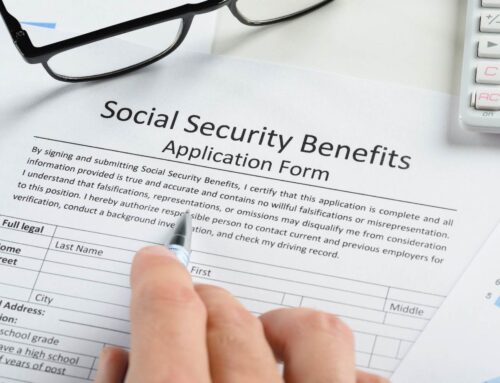The days of mailed paper checks are officially over (even if there will be some stragglers).
Unless you were born on or before May 1, 1921, you just lost that older way of receiving your social security benefits payments. Though mailed checks won’t immediately stop coming for those still using them, March 1st was the deadline for choosing an alternate way to collect the funds.
In addition to the automatic waiver for those born post-1921, the Treasury Department also permits applying for a waiver in certain other circumstances, including for “[c]heck recipients living in remote areas without sufficient banking infrastructure…as well as check recipients for whom electronic payments would impose a hardship due to a mental impairment.”
Approximately 94 percent of social security and social security disability recipients already get their benefits by direct deposit or debit card. But even as recently as January 2013, over 4 million paper checks were still sent per month.
Now, check recipients (that aren’t 93 years old, of course) will begin seeing their benefits arrive via the Treasury Department’s Direct Express debit card. The change affects seniors on social security, as well as veterans and social security disability recipients.
This approach is not only more practical for many, but the federal government estimates that the change will save $1 billion over the next ten years. And with budget cuts looming over federal programs, any savings – based on sound improvements to the system – are welcome.
Moreover, the Treasury Department points to other specific benefits to direct deposits over paper checks. They “eliminate the risk of stolen checks…give people immediate access to their funds from virtually anywhere…[and] problems with electronic payments are significantly fewer and measurably easier to track and resolve.”
For more, see the following article: http://framingham.patch.com/articles/social-security-veterans-check-is-not-in-the-mail.

